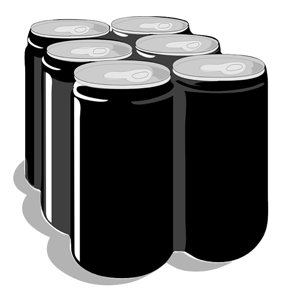Statistical survey focused on diffusion and knowledge of energy drinks, conducted in Palermo

Accepted: April 20, 2022
All claims expressed in this article are solely those of the authors and do not necessarily represent those of their affiliated organizations, or those of the publisher, the editors and the reviewers. Any product that may be evaluated in this article or claim that may be made by its manufacturer is not guaranteed or endorsed by the publisher.
Authors
In recent years energy drinks consumption has increased, due to their ability to improve physical and cognitive performance. Unfortunately, because of poor or incorrect information, people are not always aware of the harmful consequences of these drinks such as obesity, diabetes, hypertension, tachycardia until death. Therefore, we conducted a statistical survey in the Palermo area, submitting a paper questionnaire to 1003 people. Data analysis shows that only 29% of the audience never consumed energy drinks, while 71% tried them at least once in their life, especially in adolescence; 81% never or rarely drink them, 14% drink them a few times a month, while 5% drink them several times a week. Energy drinks are mostly consumed in disco, sport and study contexts; 93% of respondents are aware of the risks caused by the excessive consumption of them; 91% know that it is not appropriate to associate them with alcohol, but 9% think it is better to mix them; 72% of interviewees know that people should never drink energy drink with alcohol, 13% do it only in the weekend, while 15% think it is appropriate to do whenever they want. In fact, 14% do not believe it is risky to take energy drinks together with alcohol, and 40% do not know whether it is risky or not, while 46% know it can be risky; 45% associate the idea of cigarettes with alcohol and energy drinks. In conclusion, it is appropriate to highlight their risks to prevent some fatal consequences.
How to Cite
PAGEPress has chosen to apply the Creative Commons Attribution NonCommercial 4.0 International License (CC BY-NC 4.0) to all manuscripts to be published.

 https://doi.org/10.4081/jbr.2022.9414
https://doi.org/10.4081/jbr.2022.9414



